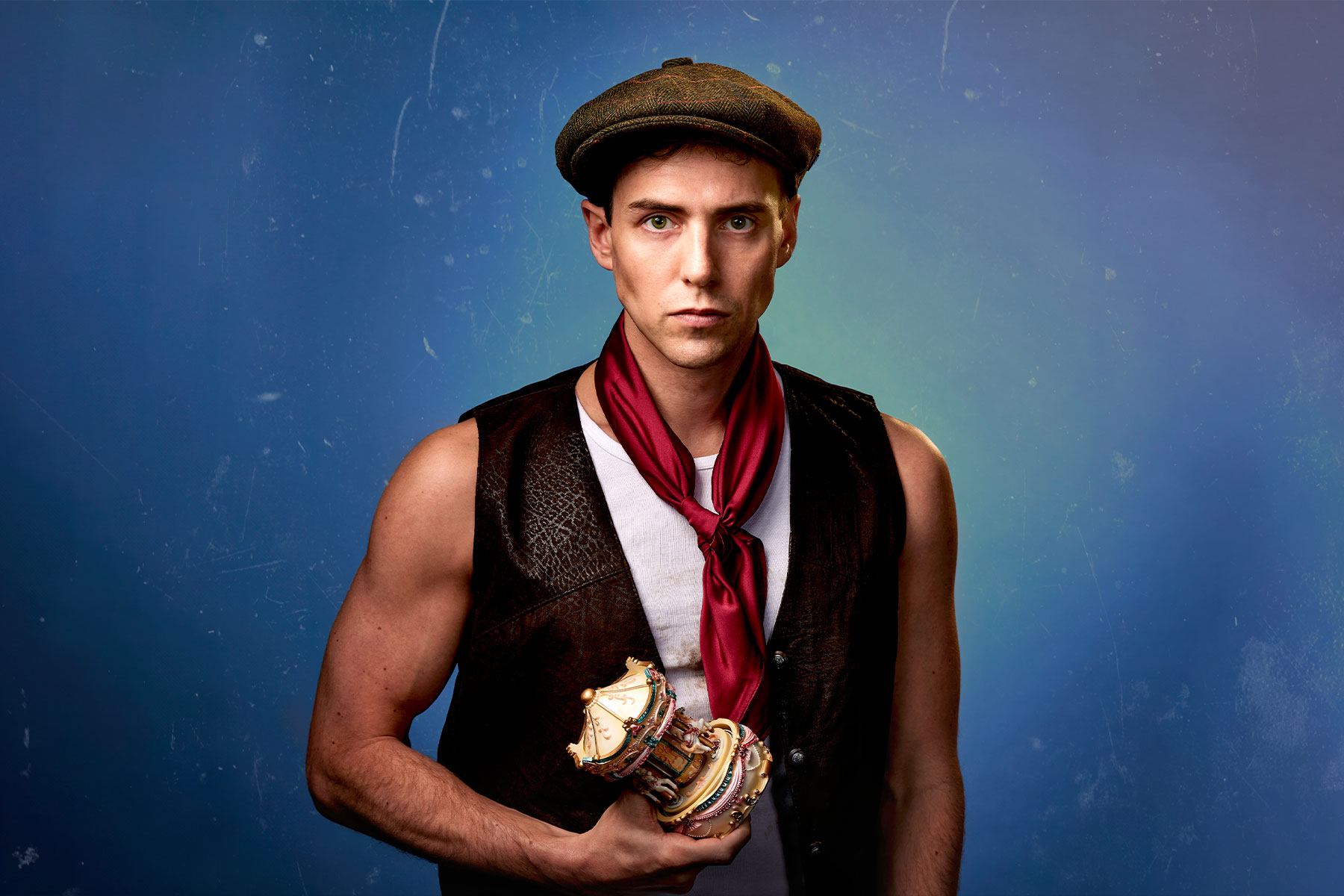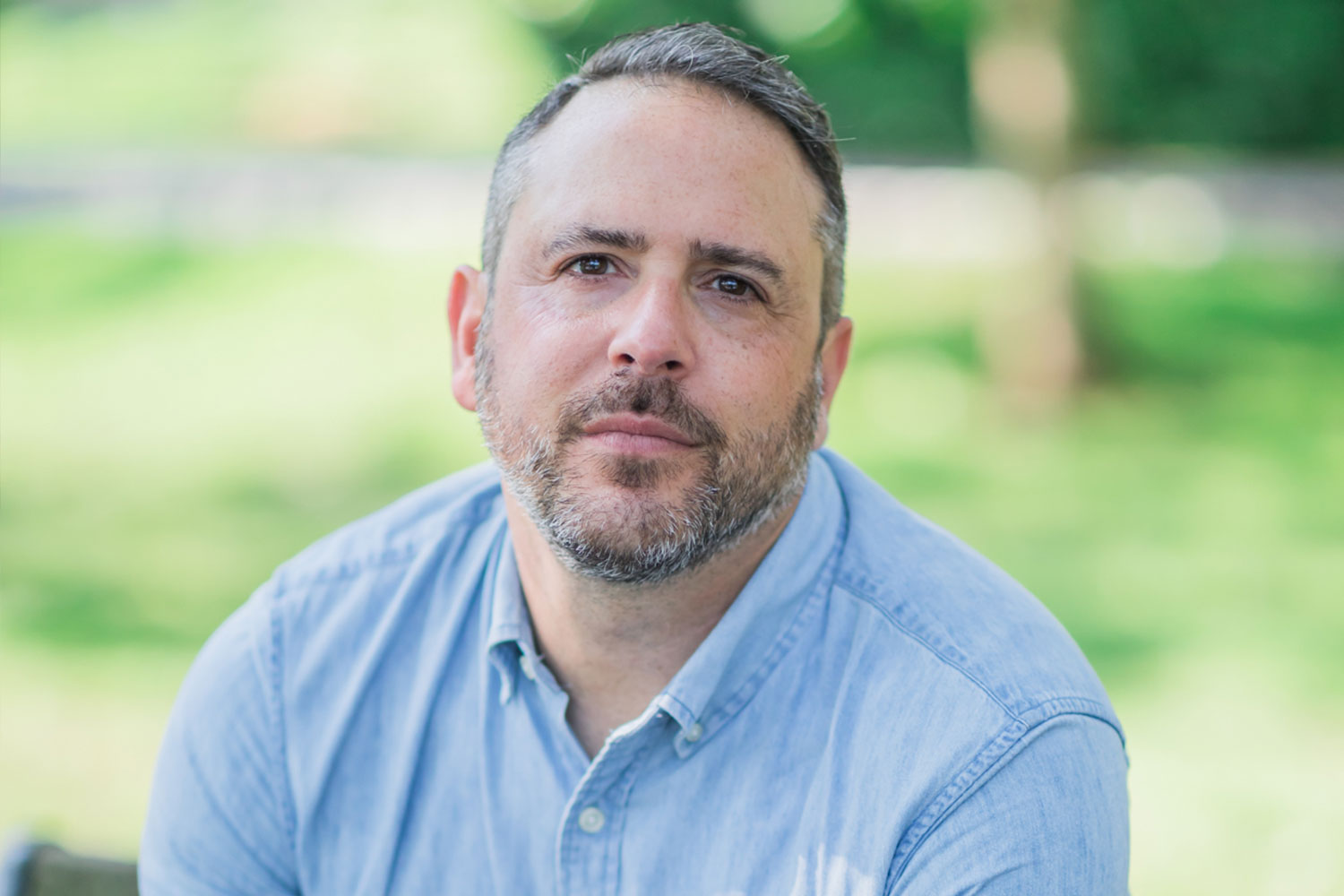Looking Back: The 2011 Theatre Year in Review
Blockbuster musicals
The arrival of Matilda the Musical in the West End capped a busy and above-average year for tuners. Matilda, first presented at the end of 2010 by the RSC in Stratford-upon-Avon, was hailed 1) as the best British musical since Billy Elliot and 2) the RSC’s new milk cow to succeed Les Misérables.
The first description is more plausible than the second; like Billy Elliot, despite a conspicuous lack of good tunes or real melody, Matilda is stompingly energetic and exuberant, and has wonderful kids. Director Matthew Warchus completed a notable double with Ghost the Musical at the Piccadilly, which is already Broadway-bound, though I found its anthems and portentousness a little trying after a couple of hours.
The two big musicals at the Palladium and Drury Lane – The Wizard of Oz and Shrek the Musical – had lots of colour and a high level of technical competence in presentation. But neither was a patch on its film original, and both seemed over-cynically engineered for the half-term and holiday audience; the five new Wizard songs by Andrew Lloyd Webber and Tim Rice might struggle to make a “Best of” Rice and Lloyd Webber CD album.
Films are showing all over Theatreland; there’s even a 1996 film of Matilda, not to mention a jolly little stage musical predecessor by pop song writers Ken Howard and Alan Blaikley which I saw 20 years ago. Two more “films on stage” were Betty Blue Eyes (adapted from the 1984 Alan Bennett movie A Private Function), with a lovely, nostalgic score by Anthony Drewe and George Stiles, and The Umbrellas of Cherbourg, adapted and staged by Kneehigh director Emma Rice.
Coming clean, I preferred Betty and Umbrellas to any of the previously mentioned shows. The first, about rationing, social climbing and a royal wedding in 1947, was wittily timed to coincide with the national excitement over Prince William and Kate Middleton, and was brilliantly directed by Richard Eyre; the second found a clever new format for Jacques Demy’s 1964 movie, and Michel Legrand’s evergreen jazzy through-sung score was the most insinuatingly musical and melodic all year. Neither really caught on with the public.
The much bally-hooed (Bali-Ha’i’d?) Broadway import of
And I loved David Leveaux’s production of Backbeat, with the best onstage rock and roll band for ages (though I admit the musicians in Million Dollar Quarter, which I liked a lot less, came close), and a good story, well told, of the tragedy of Stuart Sutcliffe, as the Beatles found their identity in Hamburg nightclubs.
National hits
Despite getting off to a flaccid start with Peter Hall’s revival, of Twelfth Night starring Rebecca Hall (his daughter) as Viola, the National Theatre had an outstanding year – possibly its best ever under Nicholas Hytner – with a string of fantastic, life-enhancing productions led by Hytner’s own staging of One Man, Two Guvnors, brilliantly adapted by Richard Bean from Goldoni.
Hytner followed up with John Hodge’s fictional encounter between Stalin (Simon Russell Beale) and dissident playwright Mikhail Bulgakov (Alex Jennings) in Collaborators, another fizzingly inventive production in the Cottesloe, in which tyrant and artist oddly ended up doing each other’s jobs.
One Man transferred successfully from the Lyttelton stage to the Adelphi, while the Olivier was thrillingly occupied in close succession by Danny Boyle’s staging of Frankenstein, with its alternating double act of Benedict Cumberbatch and Jonny Lee Miller; Bijan Sheibani’s balletic renewal of Arnold Wesker’s The Kitchen; the European premiѐre, directed by Jonathan Kent, of Ibsen’s mighty medieval masterpiece The Emperor and Galilean; and Mike Bartlett’s ambitious, dystopian epic 13.
In the Cottesloe, London Road by Alecky Blythe (book and lyrics) and sound designer Adam Cork (music and lyrics), was my only five-star musical of the year, a stunning and original piece of work about, of all things, the impact on the local community of the murder of five Ipswich prostitutes five years ago. That was followed by Mike Leigh’s Grief, a work of such distilled intensity and such searingly meticulous performances (Lesley Manville, Sam Kelly, newcomer Ruby Bentall) that it became both painful and pleasurable to watch.
Memorable revivals
Leigh, nothing if not cheeky, had prepared for Grief with Ecstasy, his 1979 Hampstead Theatre play revived at the same address before moving into the Duchess. It was a West End “straight theatre” highlight in a year almost barren of new work (two cheers, well one and a half, for Ben Brown’s Three Days in May at the Trafalgar Studios).
Best West End revivals were Simon Gray’s Butley, starring Dominic West; Kristin Scott Thomas in Harold Pinter’s Betrayal, Keira Knightley and Elizabeth Moss in Lillian Hellman’s The Children’s Hour; and Caryl Churchill’s Top Girls, staged by its original director, Max Stafford-Clark.
Trevor Nunn’s Theatre Royal, Haymarket, season was distinguished by Terence Rattigan’s Flare Path (in a Rattigan centenary year that also saw his creaky radio drama Cause Célѐbre exhumed at the Old Vic), Tom Stoppard’s Rosencrantz and Guildenstern Are Dead and Ralph Fiennes in The Tempest.
Kevin Spacey’s predictably mesmerising Richard III at the Old Vic, with an uneven supporting cast and so-so production by Sam Mendes was followed by an even more disappointing Playboy of the Western World, only Niamh Cusack as the Widow Quinn truly at home in the piece. Niamh’s older sister, Sinéad, led the NT’s co-production with the Abbey in Dublin in a compelling revival of Sean O’Casey’s Juno and the Paycock, directed by Howard Davies.
There was a tussle between two Much Ado About Nothings, with David Tennant and Catherine Tate (directed by Josie Rourke) head to head in the West End with Charles Edwards and Eve Best at the Globe. The Tennant/Tate ticket was a too cosy misfire in an over-strenuous update to the 1980s, while Best was utterly enchanting, alongside other fine Globe productions of All’s Well That Ends Well (Janie Dee as a sparkling Countess) and Marlowe’s Doctor Faustus. Michael Sheen kept his date with destiny – if a little late – as Hamlet at the Young Vic in Ian Rickson’s provocative, psychiatric-ward production.
Best new plays in a fair-to-middling year for them were Chris Hannan’s scatological and disgracefully enjoyable farce The God of Soho at the Globe – and April de Angelis’ Jumpy (with a great “our turn now” middle-aged double act by Tamsin Greig and Doon Mackichan), Richard Bean’s The Heretic (powerfully played by Juliet Stevenson) and Penelope Skinner’s The Village Bike (starring the always translucent, transparent Romola Garai), all three at the Royal Court.
But I also admired Rebecca Lenkiewicz’s The Painter, with Toby Jones as the eponymous JMW Turner at the atmospheric new Arcola (though I miss the kebab café opposite the old one); Nicholas Wright’s The Last Duchess at a rejuvenated Hampstead Theatre; and a couple of quirky American comedies at Michael Attenborough’s Almeida Theatre, which had a good year – Gina Gionfriddo’s Becky Shaw and Neil LaBute’s Reasons To Be Pretty.
The Almeida also had Penelope Wilton and Imelda Staunton, both on lacerating form, as Edward Albee’s rival sisters in A Delicate Balance, this a much more bleakly brilliant and entertaining offering than Alfred Uhry’s flabby and sentimental Driving Miss Daisy at Wyndham’s, after Much Ado, nice though it was to see Vanessa Redgrave and James Earl Jones sharing a stage.
The Donmar Warehouse just didn’t let up in Michael Grandage’s last season, with superb revivals of Eugene O’Neill’s Anna Christie (Jude Law, Ruth Wilson and David Hayman all acting with feral intensity and concentration), and of Schiller’s Luise Miller, beautifully acted by Felicity Jones, Alex Kingston and Ben Daniels. Derek Jacobi’s slightly prissy King Lear I was less mad about.
Keeping it real
The real world impinged in Nicolas Kent’s verbatim documentary about the summer riots at the Tricycle – The Riots was scripted by Gillian Slovo – and in Rupert Goold’s richly affecting production of the multi-authored Decade, mounted in a disused office in St Katharine’s Dock in the Tower of London as a sort of compilation of dance, memorial, recreation and witty, painful, sober reflection; we passed through immigration control to sit at tables in a cunningly reinvented Windows on the World in a clear blue sky.
Decade was a tenth anniversary show for the tragedy of the Twin Towers attack in New York, and one of many milestone events in the year: the RSC celebrated fifty years by opening its refurbished and redesigned theatres in Stratford-upon-Avon, on time and on budget, to loud hosannas; the Orange Tree in Richmond and the Bush were both forty years old; the BAC in Battersea and the Tricycle both thirty; and the four hundredth anniversary of the King James Bible was marked with readings at the NT, David Edgar’s fine new RSC play, Written on the Heart, in the new Swan at Stratford, and 66 Books (one new piece for each book in the bible), “curated” by Josie Rourke and Christopher Haydon, and directed by them and others – and featuring a cast of many dozens – in the Bush’s terrific new theatre round the corner from the old one.
Newcomer of the year was a close three-way call between Kyle Soller, in Richard Jones’s electrifying revival of Gogol’s The Government Inspector at the Young Vic; Tom Edden as the doddery old waiter in One Man, Two Guvnors; and the Print Room, Lucy Bailey’s new studio space in Westbourne Grove that opened with Pasolini and instantly became a must-visit venue, following on with fine, gorgeously designed rarities by Alan Ayckbourn and Tennessee Williams, a showcase programme for new talent, a beguiling gallery and starkly apocalyptic late Ibsen.
Bailey also directed The Beggar’s Opera for the Open Air, Regent’s Park, coaxing a knockout, charismatic performance from David Caves as Macheath and a design by her husband, William Dudley, that filled the greensward with tumbrils and low life and gallows.
Equally tremendous was Jon Bausor’s crashed aeroplane design for Lord of the Flies in the same space; this was as surprising and instructive a show as was, by all accounts, artistic director Timothy Sheader’s revival of Ken Ludwig’s Gershwin toe-tapping feast, Crazy For You, irresistible and intoxicating… which segues, conveniently, into next year’s hot musical West End transfers…
Michael Coveney will pick his ‘ones to watch in 2012’ for us in early January.
Many of the above productions have been nominated in the
2012 Whatsonstage.com Awards, covering the 2011 theatregoing year.
CLICK HERE TO VOTE NOW!!










